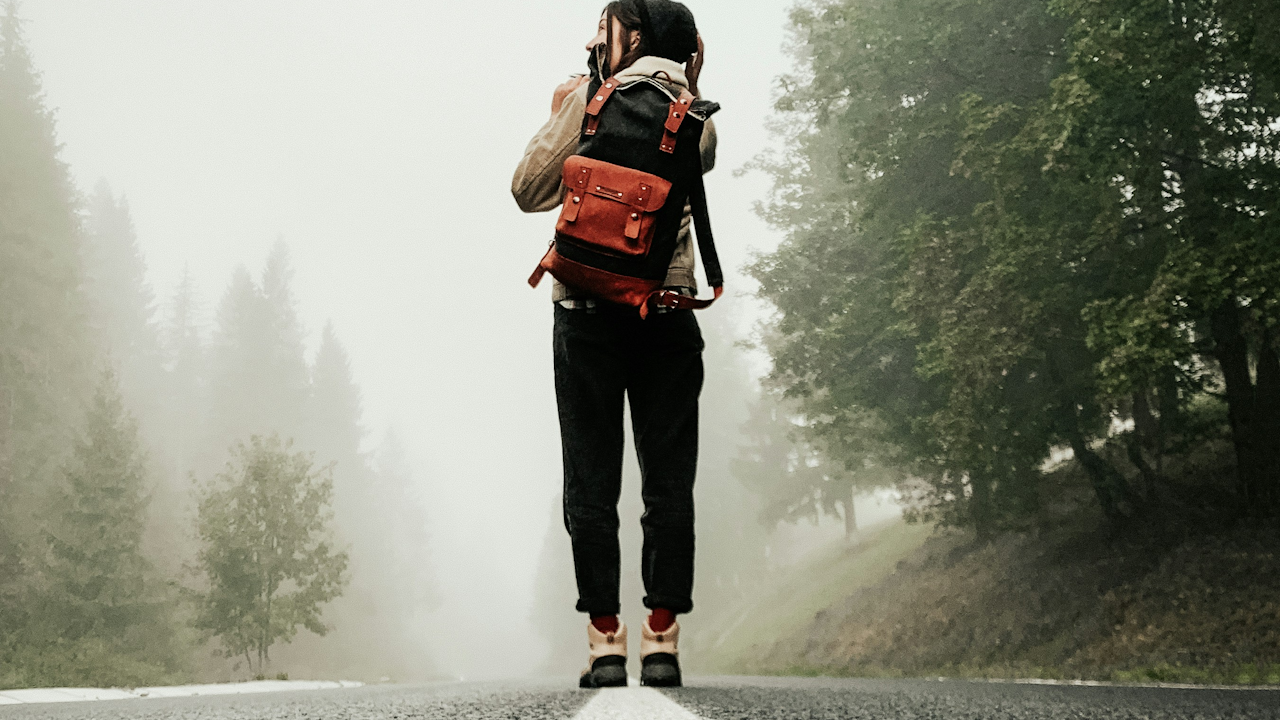Traveling solo can be an incredibly rewarding experience, offering unparalleled freedom and opportunities for self-discovery. However, navigating unfamiliar territories alone also necessitates a heightened sense of awareness and proactive safety measures. By embracing careful planning, cultivating mindful habits, and trusting your instincts, you can confidently explore the world while prioritizing your well-being.
Before embarking on your solo adventure, meticulous preparation is paramount. Begin by thoroughly researching your destination. Understand the local customs, laws, and any potential safety concerns specific to the region. Consult travel advisories issued by your government and heed any warnings or recommendations provided. Share your detailed itinerary with a trusted friend or family member, including accommodation details, transportation plans, and anticipated arrival and departure times. Establish a regular check-in schedule so they are aware of your progress. Make digital copies of essential documents such as your passport, visa, driver’s license, and flight confirmations, storing them separately from the originals. Consider investing in travel insurance that covers medical emergencies, theft, and trip cancellations, ensuring you have a safety net in unforeseen circumstances.
Once you arrive at your destination, maintaining a low profile and blending in with the local culture can significantly enhance your safety. Dress modestly and respectfully, adhering to local norms. Avoid displaying expensive jewelry or electronic gadgets that could make you a target for theft. Learn a few basic phrases in the local language; even a simple “hello” or “thank you” can foster positive interactions and demonstrate respect. Be mindful of your alcohol consumption, especially in unfamiliar environments, as intoxication can impair your judgment and make you more vulnerable.
Developing strong situational awareness is crucial for solo travelers. Pay close attention to your surroundings, noting potential hazards or suspicious behavior. Trust your intuition; if a situation feels uncomfortable or unsafe, remove yourself from it immediately. Avoid walking alone in poorly lit or deserted areas, particularly at night. When using public transportation, be vigilant with your belongings and keep them close to your body. If taking taxis or ride-sharing services, verify the driver’s identification and inform someone of your journey details.
Communication is your lifeline when traveling solo. Purchase a local SIM card or ensure your international roaming plan is active, allowing you to stay connected. Keep your phone charged and consider carrying a portable power bank. Download useful travel apps that provide offline maps, language translation, and emergency contact information. Share your location with a trusted contact back home so they can track your movements if needed.
Building connections with locals can enrich your travel experience and enhance your safety network. Engage in conversations with hotel staff, tour guides, or fellow travelers. Their local knowledge can provide valuable insights into safe areas and potential risks to avoid. However, exercise caution when sharing personal information with strangers and be wary of overly friendly individuals who seem too eager to assist.
Securing your belongings is an ongoing responsibility. Utilize hotel safes to store valuables and important documents. When out and about, carry your bag securely across your body and keep zippers and compartments closed. Be particularly cautious in crowded areas known for pickpocketing. Avoid leaving your belongings unattended, even for a moment.
Finally, remember that self-care is an essential aspect of staying safe while traveling solo. Ensure you get adequate rest, stay hydrated, and eat regular meals to maintain your physical and mental well-being. Listen to your body and don’t push yourself beyond your comfort levels. Embrace the freedom and adventure of solo travel, but always prioritize your safety and trust your instincts. By being prepared, aware, and responsible, you can create unforgettable and safe travel experiences.


